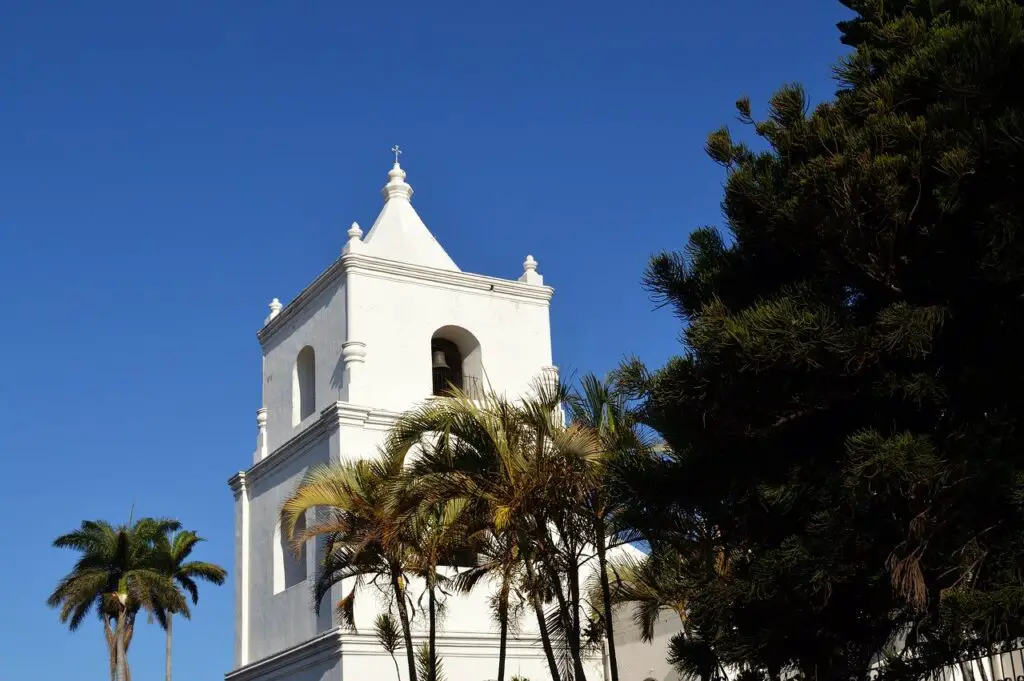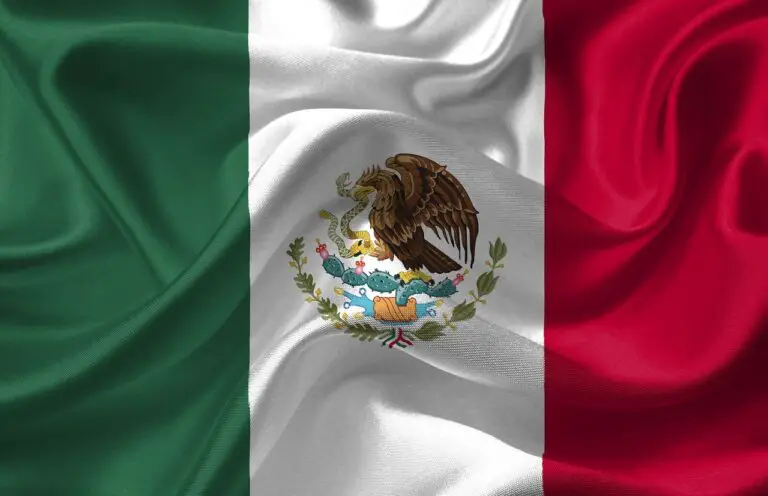With incredible biodiversity, a vibrant, positive culture and a tropical climate, Costa Rica is a popular destination for tourists and those looking for a longer stay, such as English teachers. But how much can TEFL teachers earn there?

Typically, TEFL teachers in Costa Rica earn 380K-640K colones ($600-1,000) per month from the most common source of income, language academies. Private bilingual schools pay between 510K and 770K colones ($800-1,200) a month. Private classes earn anywhere from 3.2K to 12.8K colones ($5-20) per hour.
Like most Latin American countries, these wages are low. But before you strike Costa Rica off the list of potential TEFL destinations, make sure you consider living costs, lifestyle and job availability.
Searching for the perfect TEFL destination with the best earnings? Compare countries around the world with my free resource: How Much Do TEFL & TESL Teachers Make? Countries compared.
Options and earnings for TEFL teachers in Costa Rica
Almost all TEFL teachers in Costa Rica will earn at least part of their income from language academies. Private classes are a good way to supplement your salary.
If you have strong qualifications and experience, it’s possible to find work in private bilingual schools.
| Earnings Source | Per Hour ($) | Hours Per Week | Per Month ($) | Annual Estimate ($) |
|---|---|---|---|---|
| Private Schools | 6-9 | 30-40 | 800-1,200 | 9.6K-14.4K |
| Language Academies | 8-12 | 20-25 | 600-1,000 | 7.2K-12K |
| Private Classes | 5-20 | 20 | 400-1,600 | 4.8K-19.2K |
Even as an experienced teacher, you can’t expect to earn masses of cash like you would in some Asian and European nations.
However, the cost of living is low in Costa Rica. On a frugal budget in a suburban or rural area, you could get by on just $500 a month. For a more comfortable lifestyle in the city, you’re looking at $1,000 or more.
The majority of work will be in the cities, so unless you’re willing to brave the commute every day, basing yourself in the city centre might actually be more cost effective as you’ll have more employment opportunities within a short distance.

One big hurdle to overcome when you start out in Costa Rica is the visa and work permit situation. The country is notoriously slow at processing paperwork.
As a result, many employers demand a long-term contract if they’re going to help sort out your visa, and those who offer you a short-term contract may employ you illegally. It’s a potentially tricky situation. Check out this article on costarica.org to learn about the employment practices (and plenty more).
The academic year in Costa Rica isn’t the same as in most western countries. It begins in February and runs to November/December with a 2-3 week holiday in July/August and a big break in December and January. Most schools start at 7 am and finish between 1 and 4 pm.
Chances are, though, you won’t be working in a school, but in a language academy, where hours vary massively. The best time to look for work is at the end of the calendar year, as this is when contracts usually run out.

The weather in Costa Rica is warm all year round. There’s a dry season in the first few months of the year, and a rainy season from May to November.
How much do TEFL teachers make in language academies in Costa Rica?
Language academies are the principal employers of TEFL teachers in Costa Rica. They pay 5.1K-7.7K colones ($8-12) per hour, with $10 being the standard.
At first, academies prefer to employ you on a part-time basis. This could be just 10 hours per week. When you’ve got a bit of experience they’ll increase weekly hours to 20-25. In the beginning it might be worth applying for multiple schools to get enough hours to live off.

Working 25 hours a week at $10 an hour will get you $1,000 a month. There are plenty of language academies in the country, mostly found in the major cities – San José and Heredia. Check out ESL Base’s list of language academies in the country.
A TEFL certificate and bachelor’s degree aren’t required for all jobs, but I highly recommend you get at least a 120-hour TEFL to help you stand out and earn a better wage.
If you’re looking for great value TEFL certificates, I recommend International TEFL and TESOL Training. Click the link for 15% off all courses (I receive compensation, so you’re supporting me, too). Not convinced? Read why I’d choose ITTT over other TEFL course providers.
How much do TEFL teachers make in private schools in Costa Rica?
Some private bilingual schools in Costa Rica may hire you if you have strong qualifications (CELTA minimum, teaching license preferred) and plenty of experience.
The pay isn’t wonderful, considering the long hours. 510K-770K colones ($800-1,200) per month may seem better than language academies, but the hourly rate is just $6-9 as you’ll have to start at 7 am and possibly finish as late as 4 pm.
On the flip side, it’s a stable income and guaranteed hours. Not only that, there’s potential to advance to higher-paid management positions.
How much do TEFL teachers make from private classes in Costa Rica?
Private classes are a fantastic way of supplementing your income from language academies. This is especially true in Costa Rica, where many academies won’t employ you full-time to begin with.
Hourly rates range from 3.2K to 12.8K colones ($5-20) but I’d say $10 an hour is what a relatively inexperienced native English speaker could charge. Professional adults in the city centres will pay the higher rates. Try and get these, especially if you have some experience and qualifications to your name.
For the full guide on becoming an English tutor, read my article: How to Get Started as an EFL/ESL Private Tutor.
Unfortunately, you can’t go full time as a freelancer with private classes, as employment is required to get a work visa (and even then it’s tricky!)
But if you took 3 hours of private classes a week at $10 an hour, you’d earn an extra $120 per month. That’s a lot of money in Costa Rica!

Conclusion
If you’re looking to make some serious cash from TEFL, Costa Rica is not the place. Even in private schools, you won’t earn much more than your living costs, and no matter what job you get, savings will be minimal.
But, as is true in many Latin American countries, the attraction of TEFL teaching in Costa Rica is not financial. Rather, it’s the lifestyle and culture. Many people fall in love with the nation’s, and with its beautiful beaches, incredible jungles, and exciting cities, it’s easy to see why!
Why not head over to my resource: How Much Do TEFL & TESL Teachers Make? Countries compared to see what countries around the world can offer?







